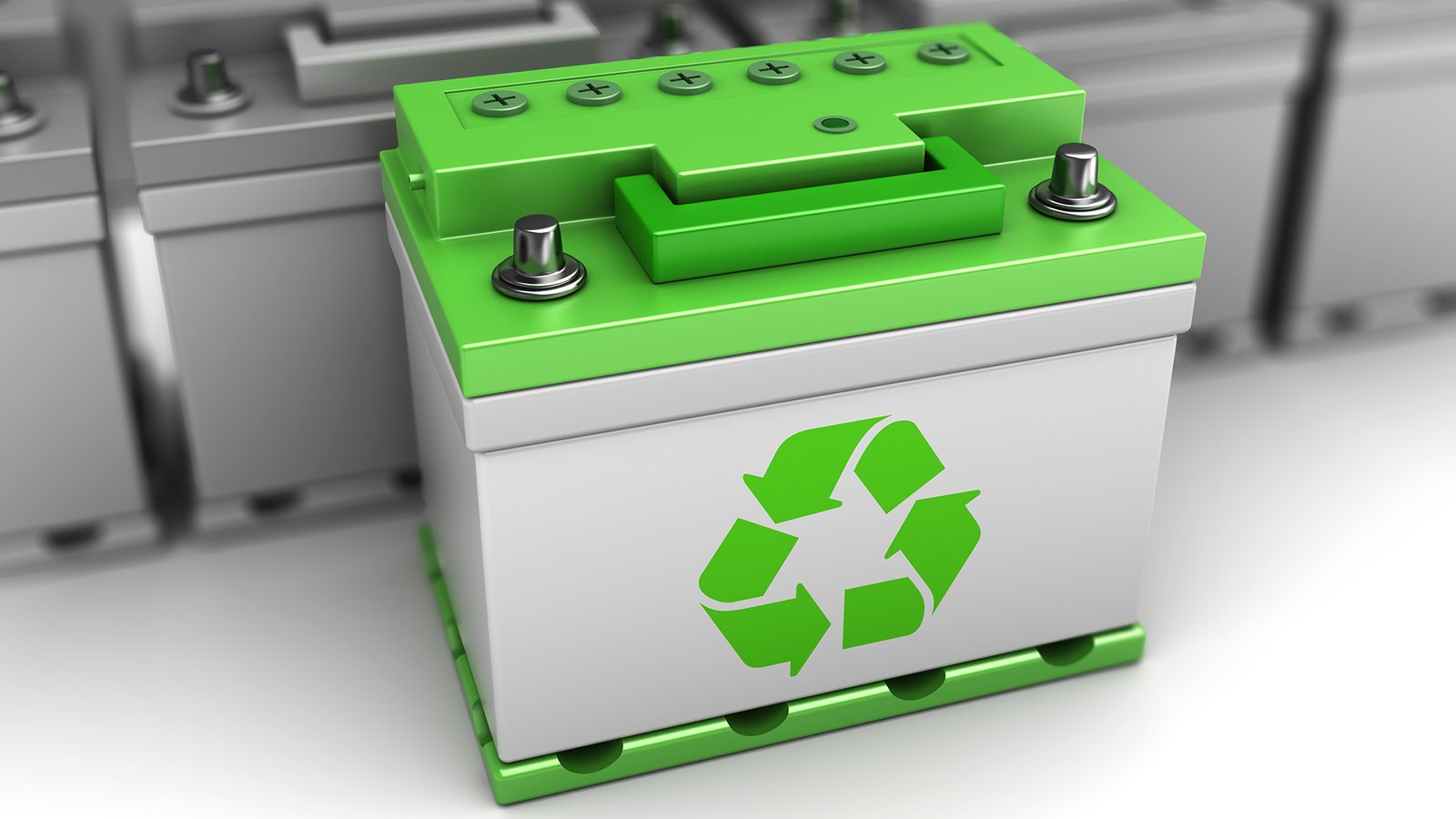
Why Battery Waste Recycling Is Important – 4 Important Facts about Battery Waste Recycling
With time, the demand for batteries has increased massively, and so has the evolution and history of batteries. The increasing electricity consumption by the billions of people carrying electronics has been the root cause of the demand. These electronic appliances include a non-exhaustive list of cell phones, digital cameras, laptops, etc. By converting chemical energy into electrical energy, batteries power our toys and gadgets. An electrical circuit produced by the opposite end of a battery, known as cathode and anode, conducts electricity in an electrical device. We need to dispose of the battery waste safely once depleted, but millions of consumers fail to do this. While throwing batteries may seem harmless, it is also causing a massive effect on the environment and human health. Hazardous, toxic, and corrosive materials like mercury, cadmium, lithium, and lead are present in the batteries. Here are four facts that you should know about the adverse effects of these batteries on the environment.
1. Batteries disposed of improperly contributes to water and air pollution.
The batteries tossed in the trash end up in landfills, where they decay and leak. Due to the corrosive nature of the batteries, the chemicals present in them leach into the soil. These absorbed chemicals contaminate the groundwater and surface water. It is also one of the reasons why battery waste recycling is important. Our ecosystem contains thousands of aquatic animals compromised when filled with chemicals. It means we ingest dangerous metals when we drink from tap water faucets. Did you also know that improperly disposed of lithium batteries can be very unstable? Lithium batteries can cause landfill fires that can smolder for many years. As a result, our breathing and global warming are negatively affected by the toxic chemicals released into the air. The vaporized form of improperly exposed batteries gets trapped in the atmosphere, thus polluting lakes and streams as rain.
2. Human health is negatively affected by improperly disposed of batteries
Exposing our environment to harmful batteries can cause burns and dangers to the eyes and skin. According to the Agency for Toxic Substance & Disease Registry, toxic metals like nickel and cadmium found in batteries are well-known human carcinogens. Any substance, radiation, or radionuclide that acts as an agent that causes cancer is known as a carcinogen. These toxins develop into cancerous disabilities via agents like water and air. Another toxic metal found in batteries that causes severe medical issues, such as developmental neurological damage and congenital disability is lead. The use of mercury in batteries was banned by government legislation in 1996 because of its highly toxic nature, especially in vapor form. As a result of this law, people can now use small alkaline batteries without fear of mercury poisoning.
3. Batteries are easy to recycle
As an act of public service, several programs willingly take your batteries and recycle them on your behalf. Disposing car batteries composed of lead-acid materials can be as easy as taking them down to an automotive store and dropping it off. Phone carriers and manufacturers also provide services of mailing your phone away to be recycled. Did you know that it was mandatory to follow proper battery waste recycling procedures before the 1996 ban on Mercury use in single-use alkaline batteries?
4. Rechargeable batteries consume lesser natural resources
Did you know that rechargeable batteries consume lesser natural resources than disposable batteries? One good point about using rechargeable batteries is their ability to recharge. To produce the same amount of energy, it would require fewer batteries. It results in less consumption of resources during the manufacturing process. Cost-saving is another benefit of using rechargeable batteries over disposable batteries. Rechargeable batteries allow the consumer to save money due to their reusability.





